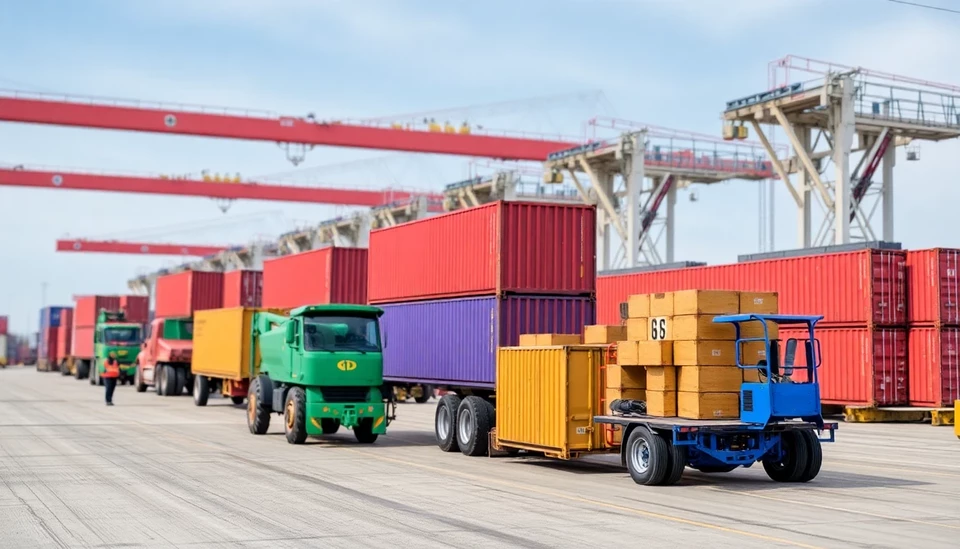
The ongoing trade negotiations involving former President Donald Trump’s tariffs appear to be far from a swift resolution. As discussions continue to unfold, experts are cautioning that the process is likely to stretch over an extended period, signifying a complex landscape for U.S. trade relationships moving forward.
After years of implementing stringent tariffs aimed at countries such as China, the United States is now reexamining its trade strategies amid shifting global economics. The implications of these tariffs extend beyond mere economic numbers, affecting manufacturing, consumer prices, and international relations.
During recent dialogues, officials have recognized the need to balance the pressures of protecting domestic industries while also addressing the impacts on consumers. There have been calls for a reevaluation of existing tariffs due to rising inflation and the current economic climate. Economists predict that a comprehensive agreement may require months or even years of negotiations as party interests are meticulously weighed.
The concerns surrounding tariffs are not only related to their financial implications but also to their potential to influence diplomatic relations. As negotiations progress, the U.S. will need to navigate complex relationships with its trading partners, particularly in Asia and Europe, where tariffs have sparked retaliatory measures and trade woes. These dynamics will complicate the pathway towards amicable resolutions.
Trade experts are advising that patience and strategy will be crucial as the U.S. seeks to realign its trade policies for a more sustainable future. Stakeholders from various sectors are closely monitoring the situation, as the outcomes will likely dictate market behaviors and investment decisions for years to come.
As the landscape continues to evolve, signaling a protracted engagement, businesses and consumers alike must brace themselves for the uncertainty that accompanies extended trade negotiations. The long-term consequences of these tariffs could reshape U.S. trade policy for generations, making it imperative for all parties involved to tread carefully.
In conclusion, the road ahead in U.S. trade negotiations influenced by Trump’s tariffs is poised to be a lengthy and intricate process. As discussions continue to unfold, stakeholders must remain vigilant and prepared for the potential shifts in trade dynamics that could arise in the coming years.
#trade #tariffs #USTrade #Trump #economy #markets #globaltrade #negotiations
Author: Rachel Greene




